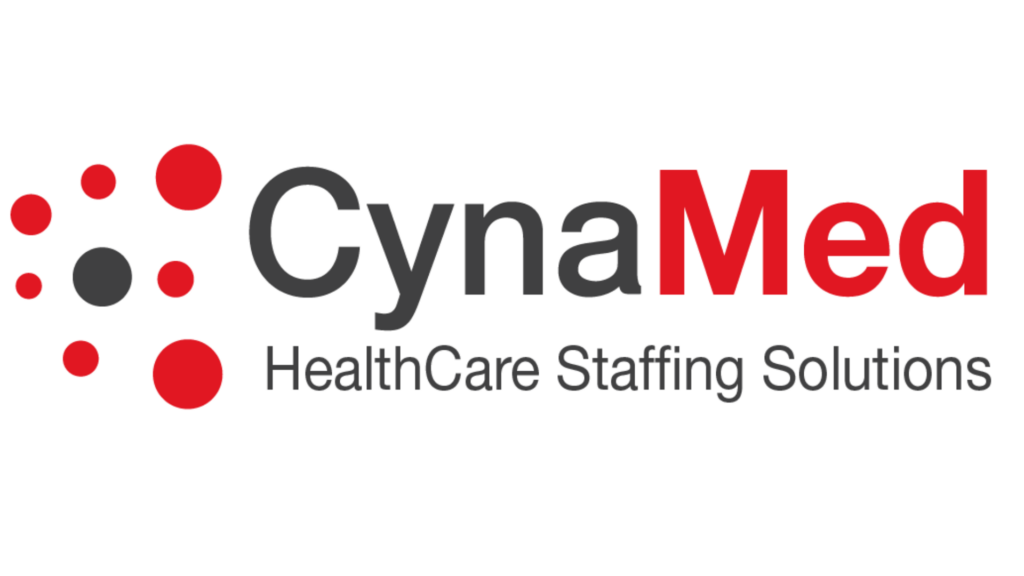Licensed Practical Nurses (LPNs) have become an essential part of the medical industry, often serving as the backbone of patient care. With a quicker path to licensure compared to Registered Nurses (RNs), LPNs are able to focus more on direct patient interactions, offering a hands-on approach to care.
Ultimately, their unique role has carved out a vital niche, providing the essential, day-to-day support that allows them to build meaningful connections with the patients they serve. Let’s dive in!
A New Generation of Healthcare Providers
Every day, 11,200 Americans turn 65, adding to the growing number of individuals who require increasing levels of care. As a result, healthcare providers are hiring more doctors, nurses, and Licensed Practical Nurses (LPNs) to meet the demand.
While doctors make critical decisions about patient care, they can’t manage every aspect of a patient’s daily needs, such as assisting with dressing or physical exercises. This is where the LPN shines in long-term care, stepping in to provide hands-on support and ensure that patients receive the personal attention they need.
What is Patient-Centered Care?
In the past decade, there has been a noticeable shift in healthcare. Previously, doctors often focused on treating diseases rather than emphasizing prevention and promoting a healthy lifestyle to avoid illness in the first place. The focus was on managing symptoms rather than addressing root causes.
Fortunately, both doctors and patients have become more aware of the importance of patient-centered care, which aims to improve overall quality of life rather than relying solely on medications during retirement.
This is where the role of the LPN becomes invaluable. Many seniors may not have always made the best health choices. That’s why they need a compassionate, proactive caregiver to help them regain their health. LPNs provide personalized support that helps seniors get back on their feet and work toward a healthier, more fulfilling life.
The LPN Relationship
As the next generation of Americans ages, they increasingly desire more control over how they spend their golden years. This growing demand for autonomy has become a critical focus in healthcare. In response, the medical industry must adapt by offering greater flexibility in care options.
This is where the role of the LPN comes in. LPNs can treat patients as individuals, not just as numbers on an insurance policy. Their personalized approach to care is becoming more essential. That’s why the demand for LPNs is expected to continue rising across the industry.
CynaMed Can Help!
At the end of the day, being an LPN may be a perfect fit for you. With a short runway to becoming licensed, it is easy to start earning a stable income. To find out more about the LPN role, CynaMed is here for you! Contact us today to find out how we can help.






